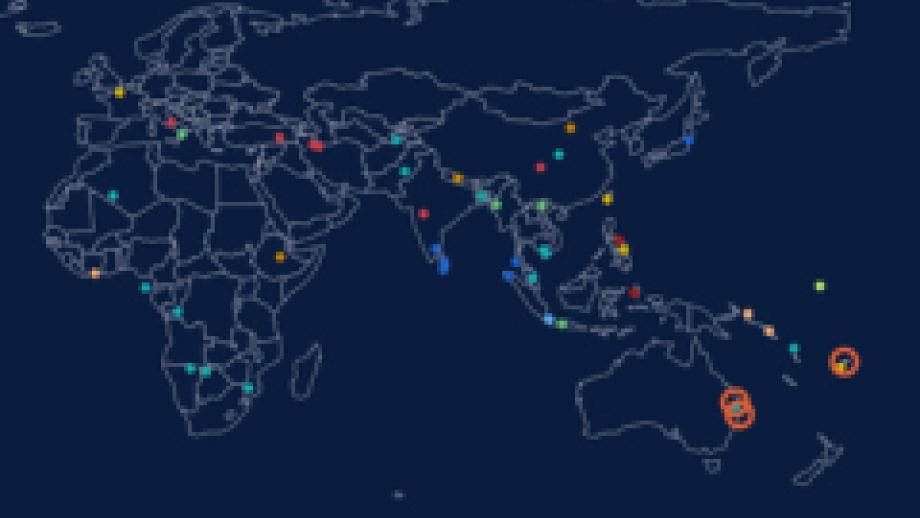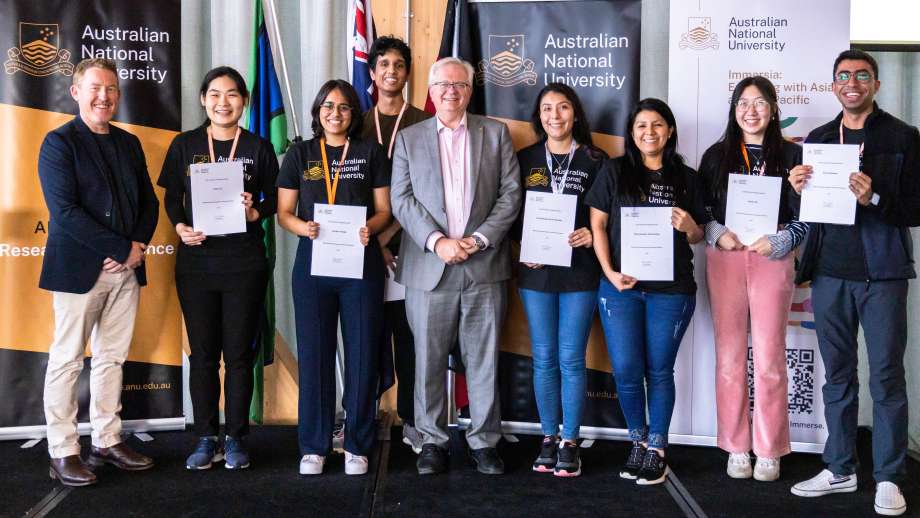The Annual Kirby Lecture in International Law: Why it’s time to terminate the TRIPS agreement
Presented by ANU College of Law
Most states that signed up to the TRIPS Agreement in 1994 were not persuaded to do so by the claim that patents drive innovation or by a commitment to the primacy of private property rights over public goods. They were making a larger bargain. On its own, the TRIPS Agreement was a strikingly bad deal for most states. It enabled big pharmaceutical, information technology, and agricultural companies based in Europe and the United States to claim monopoly rights over innovations resulting from the collective processes of modern science, and in so doing to control production of vital commodities globally. But the TRIPS Agreement came into effect as part of a broad new suite of trade agreements resulting from the Uruguay Round of multilateral negotiations, which were treated as a 'single undertaking'. The wide-ranging agenda of those new agreements meant that a loss in one area could be offset by a win in another.
The circumstances in which the TRIPS Agreement was negotiated have fundamentally changed. The United States has walked away from the WTO dispute settlement system. Constraints on knowledge-sharing are limiting the capacity to develop technologies needed to address climate change. And resort to the flexibilities of the TRIPS Agreement has been constrained by pressure from Western powers and corporations, as illustrated by the WTO's failure to agree on the temporary waiver of intellectual property rules related to Covid-19 vaccines, treatments, and technology first proposed by India and South Africa in October 2020. The Committee on the Elimination of Racial Discrimination has recently declared that the resulting 'pattern of unequal distribution of lifesaving vaccines and COVID-19 technologies between and within countries manifests as a global system privileging ... former colonial powers to the detriment of formerly colonised states and descendants of enslaved groups'. It's time for states to terminate the TRIPS Agreement and the model of global monopoly rights that it promotes.
Professor Anne Orford is Melbourne Laureate Professor and Michael D Kirby Chair of International Law at Melbourne Law School, and Visiting Professor of Law and John Harvey Gregory Lecturer on World Organization at Harvard Law School. She researches and teaches in the areas of public international law, international dispute settlement, international economic law, and climate change. She is a Fellow of the Academy of the Social Sciences in Australia and a past President of the Australian and New Zealand Society of International Law. She has been a visiting professor at Université Paris 1 (Panthéon-Sorbonne), Lund University, and the University of Gothenburg, a Senior Emile Noël Research Fellow at NYU School of Law, and presented a special course at the Hague Academy of International Law in 2021. Her publications include International Law and the Politics of History (Cambridge University Press, 2021), Pensée Critique et Pratique du Droit International (Pedone, 2020), International Authority and the Responsibility to Protect (Cambridge University Press, 2011), Reading Humanitarian Intervention (Cambridge University Press, 2003), and The Oxford Handbook of the Theory of International Law (Oxford University Press, 2016) (co-editor). She has been appointed Visiting Legal Fellow at the Australian Department of Foreign Affairs and Trade for 2022-23.
Location
Room: Molonglo Theatre, Level 2
Speakers
- Professor Anne Orford
Contact
- Law - Marketing



